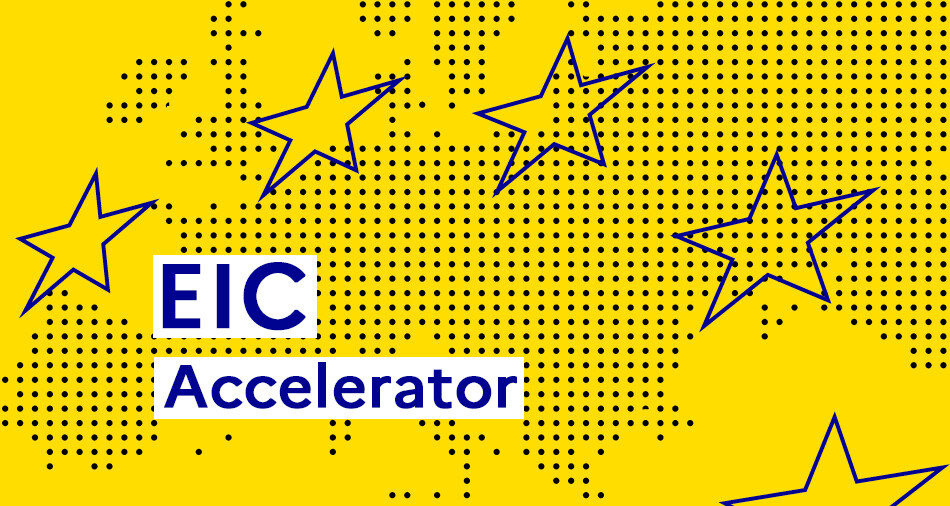ExpectedOutcome:
In line with the farm to fork strategy, the common agricultural policy post 2022, and the headline ambition of a digital age, the European strategy for data[1] in particular, a successful proposal will contribute to transition to a fair, healthy and resilient agriculture. It will direct and/ or indirectly contribute to the enhancement of the sustainability performance of the sector and competitiveness in agriculture through supporting the further deployment of digital and data technologies as key enablers through research and innovation.
Project results are expected to contribute to all of the following expected outcomes:
- Enhanced sustainability performance and competitiveness of the sector, and a strengthened position of producers through tailored open-source digital solutions;
- Increased and enhanced use of digital tools in areas with weak connectivity;
- Improved energy balance of data-based solutions used in agricultural production;
- New approaches towards the development of software for the agriculture contributing to improving operational effectiveness and efficiency in the sector through real- time data processing;
- Facilitated deployment of digital applications for farmers and actors related to the agricultural sector;
- Decision-making support, particularly for policymakers, farm advisors, farmers, and public administration.
Scope:
Digital and data technologies can improve the sustainability performance and competitiveness of the agricultural sector. There are still a number of factors hampering the uptake of digital technologies by farmers, including a lack of affordability of digital tools, a lack of digital skills and trust in data sharing, scepticism towards the “black box phenomenon” of digital applications and the lacking transparency in the development of algorithms, and the risk of vendor lock-ins. Digital solutions following the open-source principle can lead to reduced prices for digital applications and enhance transparency in production advice based on digital applications.
One frequent challenge to the use of certain digital technologies in agriculture, especially in remote areas, is weak connectivity, which hampers the full exploitation of their potential. Edge solutions may facilitate real-time applications also in areas with weak connectivity; they may, however, be run with less and/or other input data potentially resulting in another performance than cloud-based solutions or solutions following a mixed model of edge and cloud components. As data storage, processing and transfer goes along with energy consumption, the overall environmental performance of the different models for digital applications also varies and is also influenced by the number of users of a certain application. This factor may influence the choice and or support for a certain digital application in agriculture.
Proposals should address the following:
- Development of open-source based digital applications for farmers following a dual and comparative approach with edge, cloud and mixed solutions under consideration of the potential of advanced Internet of Things (IoT) solutions; whereby the focus is on (remote) outdoor production processes, where frequently weak connectivity is given, as well as on reducing administrative burden for producers (TRL 5-7).
- Development of software solutions following an open-source principle involving (semi-professional) close-to-practice IT experts/ farmers and advisors with advanced digital skills to capitalise daily-work experiences and enhance user-orientation and increase digital capacities in the sector (TRL 5-7).
- Comparison of the performance of edge and cloud solutions in their effectiveness, efficiency and energy performance under consideration of various biogeographic and socio-economic framing conditions at farm and farm community level at regional and national scale.
- Development of a decision-making support tool, particularly targeting policymakers, farm advisors, farmers, and the public administration facilitating the comparing the performance of edge-, cloud-, and mixed model-based open source solutions for agriculture along several socio-economic and environmental parameters, including administrative capacities needed for their deployment, at the level of the farm, and the farm community at regional national scale.
Proposals must implement the ‘multi-actor approach’ including a range of actors to ensure that knowledge and needs from various stakeholder groups, including farmers, farm advisors, IT experts and scientists are well reflected. Proposals should involve the effective contribution of social sciences and humanities (SSH) disciplines. This is required in particular to achieve a high level of user-friendliness of the developed applications and to develop accompanying training material for the different targeted user groups. Proposals are expected to take into consideration the results of other related Horizon 2020/ Europe projects as well as of other relevant EU funded projects and initiatives. When exploring opportunities to reduce administrative burdens for farmers, proposals should consider possibilities to facilitate reporting obligations and use production data for other processes along the value chain, e.g. marketing. Proposals are strongly encouraged to consider (evolving) technical solutions and (forthcoming) requirements[2] in the field of data interoperability and switchability and to contribute to enhanced interoperability. In order to benefit from the experiences gained in the development of digital applications focused on within this topic and to foster the upscaling of the outreach of the use of the developed digital applications, international cooperation is encouraged.
Proposals may involve financial support to third parties e.g. to academic researchers, hi-tech start-ups, SMEs, and other multidisciplinary actors, to, for instance, develop, test or validate developed applications. Consortia need to define the selection process of organisations, for which financial support may be granted. A maximum of 20% of the EU funding can be allocated to this purpose.
Specific Topic Conditions:
Activities are expected to achieve TRL 5-7 (according to the activity) by the end of the project – see General Annex B.
[1]Communication from the Commission to the European Parliament, the Council, the European Economic and Social Committee and the Committee of the Regions - A European strategy for data (EUR-Lex - 52020DC0066 - EN - EUR-Lex (europa.eu))
[2](Forthcoming) requirements in the fields of data interoperability and switchability may concern
horizontal/ cross-sectoral or sector-specific provisions as well as legislation or voluntary regimes, such
as code of conducts. For instance, the proposal for a Data Act, brought forward by the European
Commission early 2022 may lead to requirements in those fields.





